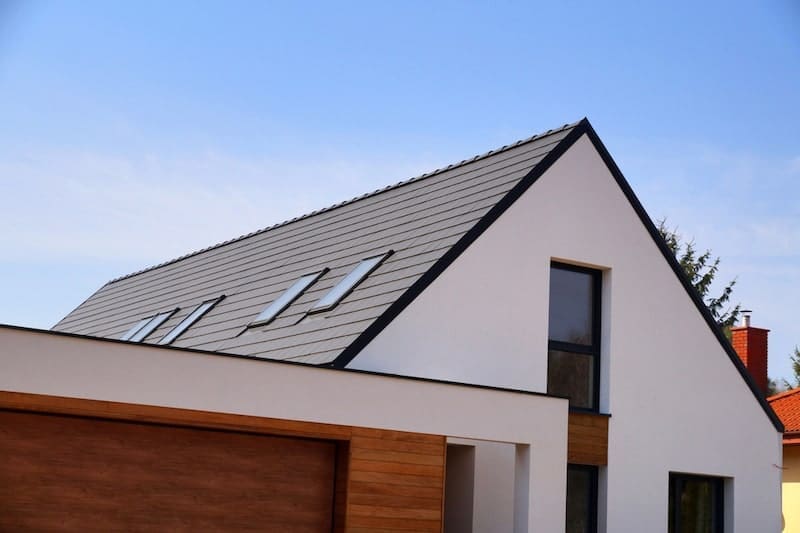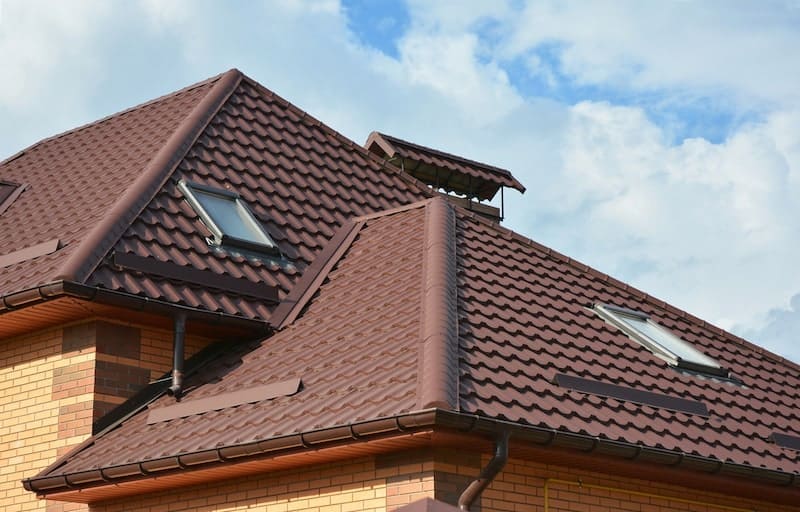When it comes to the roof of your home, there will come a time when you need to make an important decision – should you fix or replace it? This is an essential question that every homeowner faces at some point in their life. With the right knowledge and understanding, you can make an informed decision that will save you both time and money. In this comprehensive guide, we will explore the key factors to consider when deciding whether to repair or replace your roof.
Assessing Damage: Repair or Replace?
When assessing damage to your roof, one of the first things you need to determine is if it can be repaired or if it needs to be replaced. This will depend on various factors such as the extent of the damage, the age and condition of your roof, and your budget. Consult a professional roofing contractor to properly assess the situation and provide expert advice on whether a roof repair or replacement is necessary. They will also be able to give you an accurate estimate for both options so you can make an informed decision.
Pros and Cons of Roof Repair
Repairing your roof instead of opting for a full replacement has its pros and cons. Advantages include:
- Cost-effectiveness: Repairs are usually cheaper than a full replacement, saving you money in the short term.
- Faster process: Repairs are typically completed much quicker than a full replacement, protecting your home sooner.
- Less disruption: Repair jobs are less extensive, causing minimal disruption to your daily routine.
However, there are also downsides:
- Temporary fix: Repairs might only be a short-term solution, leading to more frequent future repairs.
- Limited options: Some damage may require replacement rather than repair.
- Hidden issues: Repairing one section may uncover other problems, adding costs and time.
Pros and Cons of Roof Replacement
A full roof replacement can be daunting and expensive, but it has its benefits:
- Long-term solution: A new roof can last for decades, offering long-term protection.
- Increased value: A new roof enhances your home’s safety, functionality, and overall value.
- More options: Full replacement allows more choice in materials, colors, and styles.
Drawbacks include:
- Higher cost: Full replacement is more expensive than repairs.
- Longer process: Replacing the entire roof takes more time for planning and installation.
- Potential disruption: Extensive work could significantly disrupt your daily routine.

Cost Comparison: Repair vs Replacement
In general, repairs will be less expensive than a full replacement. However, this may not always be the case. For example, if your roof has extensive damage and requires frequent repairs, it may be more cost-effective in the long run to opt for a complete replacement. Consult with a professional roofing contractor for an accurate estimate and to discuss your budget and financial options. They can help you weigh the upfront costs versus long-term expenses and assist you in making the best decision for your situation.
Environmental Impact: Which is Better for the Planet?
When considering the environmental impact, note that both roof repair and replacement have their effects on the planet. In terms of waste, a full roof replacement will produce more materials for disposal compared to a repair job. However, a new roof has the potential to be more energy-efficient and sustainable in the long run, reducing your carbon footprint and potentially saving you money on energy bills. On the other hand, repairing your existing roof can also be seen as a greener option as it reduces waste and avoids using new materials.
Factors to Consider Before Making a Decision
Before deciding to repair or replace your roof, there are several factors that you should carefully consider. These include the extent of damage, age and condition of your roof, budget limitations, potential long-term costs, and environmental impact. Assess all of these factors and consult with a professional roofing contractor before making a final decision. They will be able to provide valuable insight and guidance based on their expertise and experience in the industry. Take the time to research different materials and options for both repairs and replacements so that you can make an informed decision that suits your needs and priorities.
Choosing between repairing or replacing your roof is a decision that should not be taken lightly. It requires careful evaluation of multiple factors and professional advice. While repairs may seem like a quick fix and a more cost-effective option, a full replacement can offer long-term benefits such as increased value, energy efficiency, and sustainability. The best choice will depend on your specific situation and priorities. We hope this guide has provided valuable information to help you make an informed decision for the future of your home’s roof.


